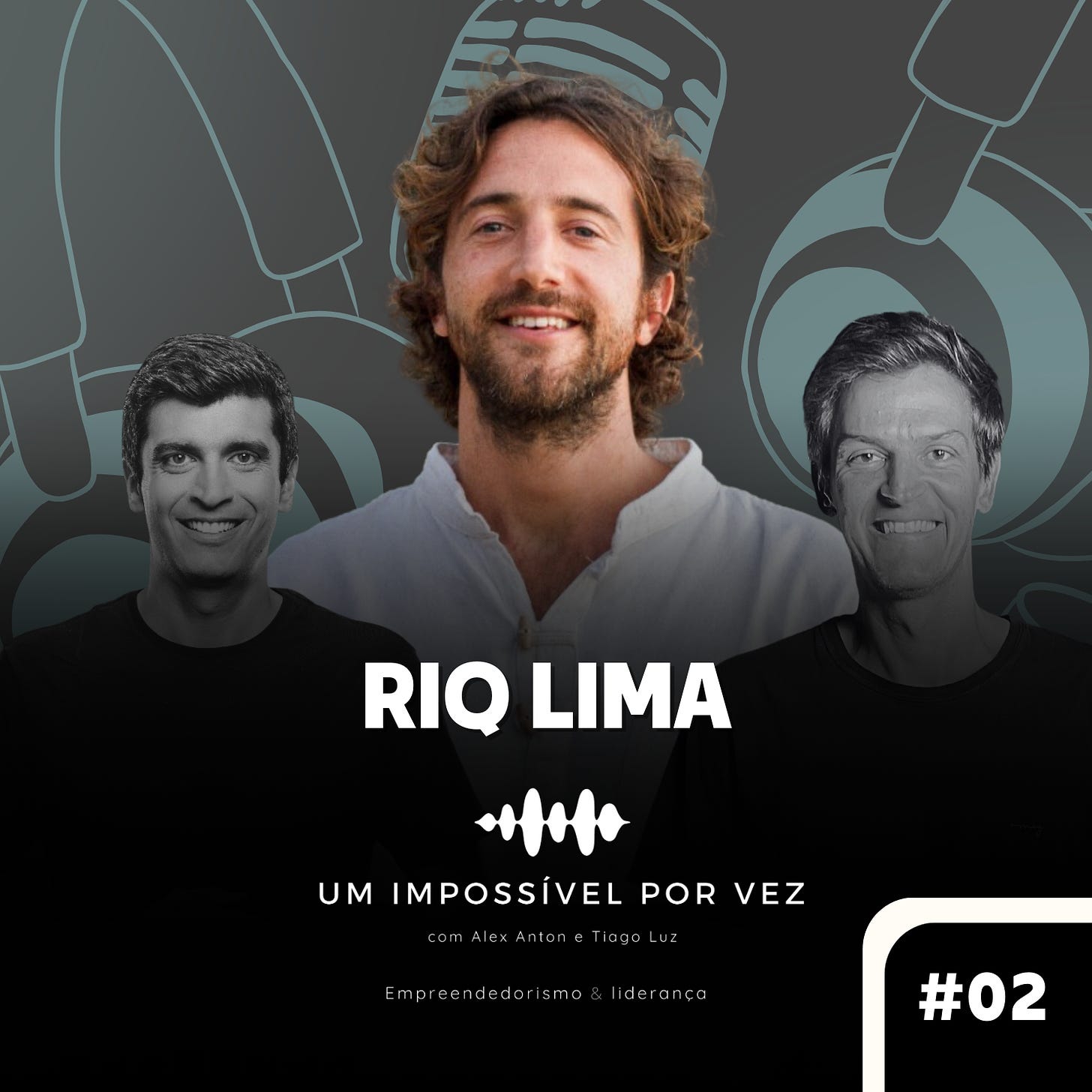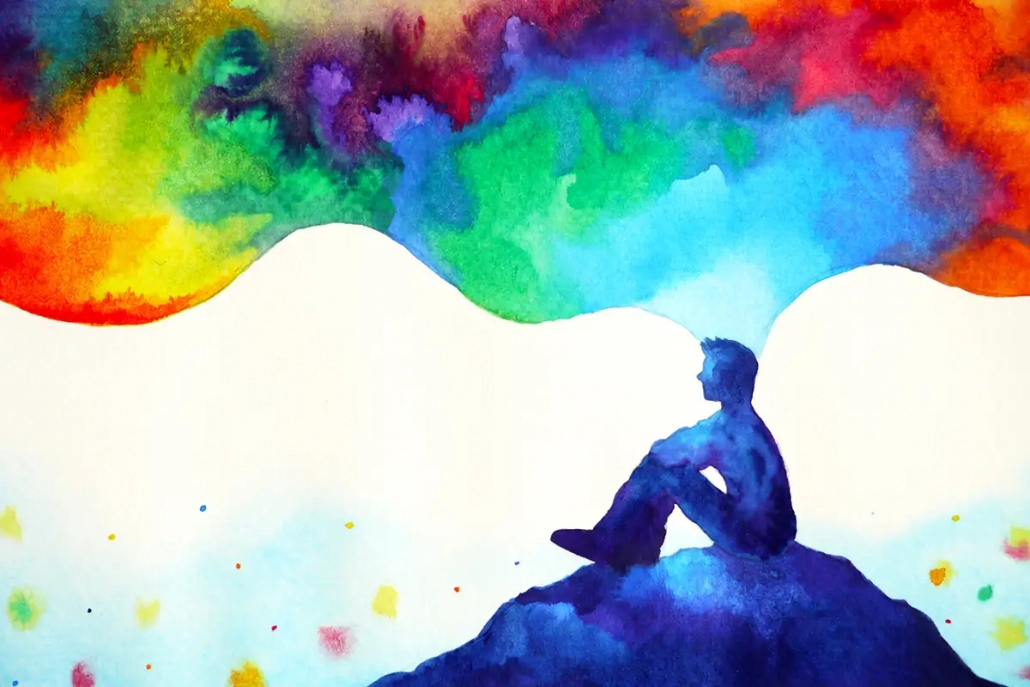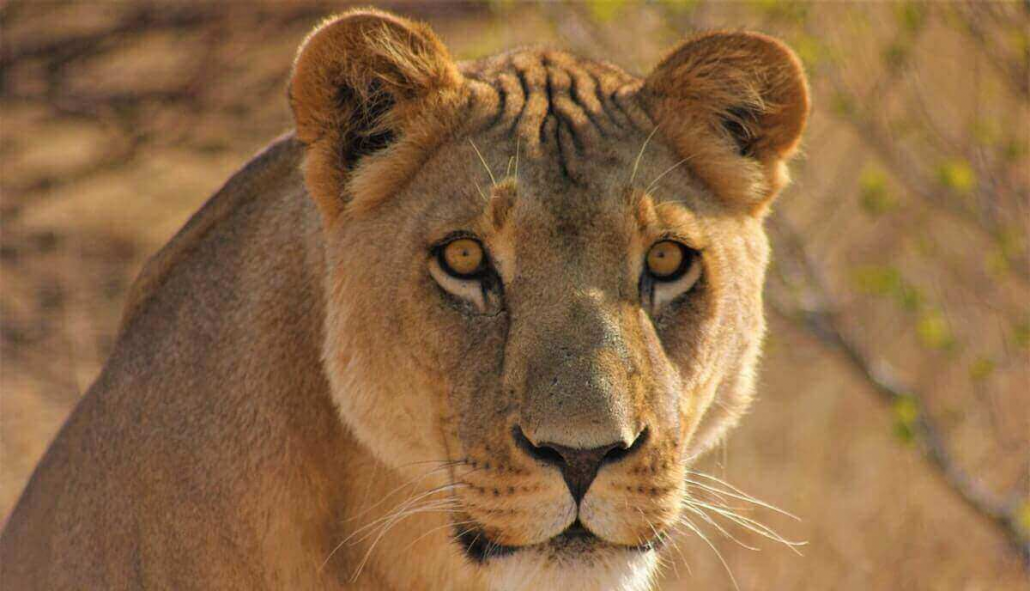Coragem ou loucura
Obrigado aos leitores que me acompanham nesta jornada. Escrevo com o objetivo de transbordar tudo o que gostaria de comunicar ao mundo através de reflexões leves e despretensiosas sobre o universo que habito.
Naturalmente, isso toca o mundo de venture capital, tech e empreendedorismo. Mas não queria que fosse o relatório de um banco de investimento, ou que focasse apenas no lado técnico desse mundo – já tem muita gente boa abordando esses aspectos. Olhando para dentro e entendendo os assuntos que me provocam e me fazem refletir e que, ao mesmo tempo, me dão prazer em analisar, escrever e compartilhar, o que está faltando nessa agenda é o lado humano da coisa. O comportamento que faz com que o indivíduo largue o caminho seguro para começar algo novo do zero, a determinação para seguir em frente e não desistir, a realização de sonhos, a vida como uma grande aventura. Esse é o lado de “venture” que me fascina. Essa, para mim, é a magia do empreendedorismo: a exploração e a conquista de novos territórios. A inspiração para o nome desta news vem daí :).

Em paralelo e bastante alinhado com tudo isso, a inspiração pulsa por aqui à medida que exploramos e experimentamos uma nova vida em família. Estar longe de casa me faz questionar e enxergar aquilo que a rotina oculta. Por isso a reflexão de hoje vem de uma conversa inspiradora que eu e o amigo Tiago Luz tivemos com o Riq Lima, co-fundador e CEO da Worldpackers. Há 2 semanas lançamos o podcast “Um Impossível por Vez“, seguindo o mantra que rege a vida do Tiago e com o qual eu tanto me identifico. O Riq é o nosso segundo convidado.
Riq, que é economista formado pela USP, largou o mundo de banco de investimento quando estava em plena ascensão profissional para explorar o mundo e a si mesmo. Com 24 anos e a grana curta, ele rodou por dezenas de países com um mochilão nas costas e muita sede por aprendizado, sendo chamado de “louco” pela família e amigos próximos. Apesar de jovem, seu salário na época era maior do que os salários somados dos seus pais, e o caminho para o sucesso tradicional já estava traçado. Só que não. Riq foi corajoso e seguiu em frente, embarcando no caminho do empreendedorismo na sequência e resolvendo um problema que conhecia bem: a busca por experiências autênticas e baratas. Neste ano, a Worldpackers comemora 10 anos e celebra o impacto em mais de 4,5 milhões de usuários cadastrados na plataforma, mais de 75 mil pessoas que estão vivendo experiências únicas neste momento, e uma empresa que respira os valores dos seus fundadores: facilitar a vivência de experiências fora da zona de conforto aos seus usuários enquanto cresce como negócio de forma sustentável, com margens atrativas e boa geração de caixa. Nesta conversa, refletimos sobre a diferença entre coragem e loucura. Foi um papo bem legal.

Refletindo sobre a rodagem até então, as pessoas que mais me inspiram e provocam têm um lado “louco” bastante pronunciado. São os que sabem o que querem, que têm a convicção para dizer não ao caminho batido e perseguir algo novo. Frequentemente quebram a cara, mas são os que têm as melhores histórias para contar. Histórias que manifestam presença, experiência, e autenticidade. Quando estava terminando o primeiro ano do meu MBA em Harvard, o Cesar Carvalho, que estava na minha turma, decidiu “trancar” o tão sonhado MBA para começar o que se transformou na Gympass. Quem larga o MBA de Harvard para empreender, num momento onde existiam poucos fundos e o capital era bastante limitado na América Latina? Só pode ser louco :).
Quer outra história inspiradora? O amigo Guilherme Bonifácio estava terminando a faculdade de Administração na USP e tinha duas escolhas: ou seguia o caminho de consultoria estratégica, onde poderia crescer rápido e ganhar dinheiro, ou se juntava a outros recém formados para ajudar a digitalizar um negócio de entrega de comida que recebia pedidos por fax. Foi chamado de louco por deixar o salário alto e o caminho do “sucesso” e se juntar ao time da DiskCook, que depois virou o iFood. Isso foi só o começo: o Gui ainda empreendeu na Rapiddo e na Mercê do Bairro.
Num outro papo inspirador que tive essa semana, a empreendedora Marina Proença me lembrou que coragem não é o oposto de ter medo. Coragem é reconhecer seus medos e abordá-los de forma racional, sentindo frio na barriga e transpirando a beleza da superação. Pessoalmente, acho que superação é o grande propósito da vida. Hoje melhor do que ontem, e a base de comparação sou eu mesmo.
Infelizmente, nossa sociedade prega a perfeição. Queremos parecer perfeitos em nossas carreiras, vidas pessoais, startups, etc. O custo dessa busca que valoriza o externo é um desalinhamento com o que vem de dentro e que realmente importa. Coragem é olhar para dentro e entender o que valorizamos verdadeiramente, fazendo esses valores manifestarem no mundo externo com autenticidade. Como diz Adam Grant, “autenticidade não se trata de expressar cada opinião que você tem. Trata-se de garantir que o que você diz (e faz) reflita o que você valoriza.”
Olhando para o Brasil, somos o país onde até pouco tempo atrás os melhores talentos sonhavam com o emprego público concursado e estável. Nossas livrarias e bancas de revistas ilustravam apostilas para “gabaritar”os concursos e alcançar a tão sonhada estabilidade. Em minha própria casa, minha mãe já disse algumas vezes “concurso público é que é bom”. Enquanto nos EUA, o que me chamava a atenção durante meus anos de MBA é que qualquer livraria oferecia uma abundância de livros que remetiam à construção de negócios grandes e disruptivos, com uma clara mensagem que demonstrava um dos valores do país: empreendedorismo.
Hoje a cena por aqui mudou muito. Graças ao volume de capital disponível para inovação e os casos de sucesso e liquidez para os empreendedores e investidores, os melhores talentos querem empreender. A maioria quer resolver problemas urgentes e relevantes, como o aquecimento global. Pode parecer controverso, mas é aqui que entra o poder do capitalismo e o valor do venture capital em fomentar a inovação de forma cada vez mais meritocrática.
Finalizando, sou pai da Aisha e do Kai. A Aisha é uma linda menina de 7 anos e na nossa casa incentivamos o máximo de exposição ao mundo e a superação dos medos, o que é particularmente importante para as meninas, que ainda são rotuladas e moldadas para serem sensíveis e perfeitas. Fica a dica deste TED: Teach girls bravery, not perfection.
Obrigado mais uma vez. Fico feliz em receber feedbacks e comentários sobre estas reflexões; fique à vontade para responder este email, comentar abaixo, ou me escrever no alex@letshike.io.
Let’s hike!
Alex
—
P.S. o trecho abaixo vem do livro The Good Life, que remete ao estudo sobre felicidade conduzido por Harvard há quase um século. Vale a leitura e reflexão, do trecho e do livro :).
“Há esses dois peixinhos nadando juntos, e eles se deparam com um peixe mais velho nadando na direção oposta, que acena para eles e diz: ‘Bom dia, rapazes. Como está a água?’ E os dois peixinhos nadam por um tempo, e então, eventualmente, um deles olha para o outro e pergunta: ‘O que diabos é água?’
Toda cultura, desde a cultura ampla de uma nação até a cultura dentro de uma família, é parcialmente invisível para seus participantes. Existem suposições importantes, julgamentos de valor e práticas que criam a água na qual nadamos sem que percebamos ou concordemos com elas. Simplesmente nos encontramos neste mundo e seguimos em frente. Esses elementos da cultura afetam praticamente tudo em nossas vidas, muitas vezes de maneiras positivas, conectando-nos uns aos outros e criando identidades e significado. Mas há um lado negativo. Às vezes, mensagens e práticas culturais nos direcionam para longe do bem-estar e da felicidade.”
Robert Waldinger, The Good Life: Lessons from the World’s Longest Scientific Study of Happiness



